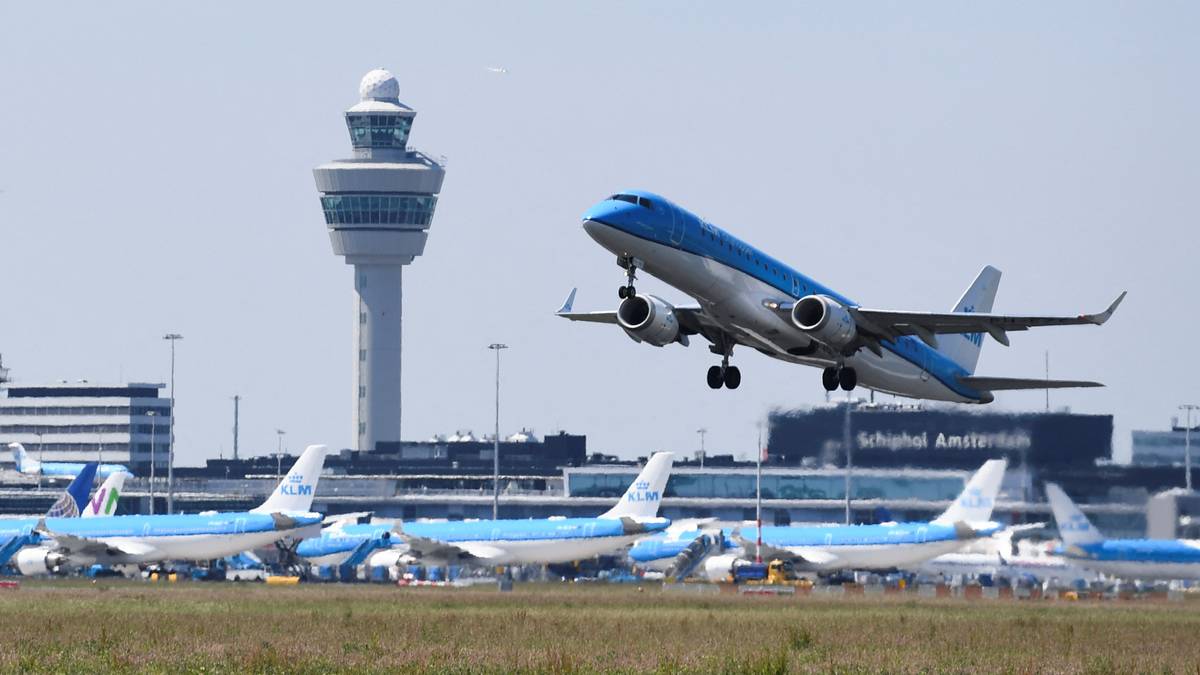With around 500,000 flights per year, Amsterdam Airport is the fourth busiest in Europe.
Only Istanbul, London (Heathrow) and Paris (CDG) have more departures and landings.
The Dutch authorities have now decided to reduce the number of flights by eight percent to 460,000 flights.
The reduction should happen quickly and be in place for the 12 months through September 2024, he writes Reuters. The plan was later reduced to 440,000 annually.
2.5 percent of emissions
The aim is to reduce noise and reduce carbon dioxide emissions.
Aviation released 1.04 billion tons of carbon dioxide in 2018. Figures from show Our world is in data.
This means that aviation is responsible for about 2.5 percent of the world’s total carbon dioxide emissions.
However, aviation’s contribution to global warming is higher. Since the emissions occur high up in the atmosphere, they are more harmful.
Therefore, it is common practice to multiply by 1.8 to highlight the climate impact of emissions from aviation.

Last November, Extinction Rebellion, Greenpeace and other environmental organizations demonstrated in Schiphol to protest carbon dioxide emissions.
Photo: REMKO DE WAAL/AFP
Needed for cutting
After a ruling in the Netherlands’ Supreme Court in 2019, the country is under an upper cap on the amount of carbon dioxide a country can emit.
As a result of the ruling, the government took a number of measures. In addition to the reductions in flights, severe restrictions were imposed on cultivation.
The Netherlands is the second largest food exporter in the world. This has led to significant emissions of greenhouse gases. The government adopted severe restrictions on cultivation.
The result could be that the number of livestock should be reduced by 30 percent.
The Netherlands is very vulnerable to climate change, particularly rising sea levels. For a country partly below sea level, this is a big deal.

Dutch farmers demonstrate against stricter climate requirements in the capital, The Hague, on March 11 this year.
Photo: Pirushka van de Fow/Reuters
Airlines to lawsuits
After the decision to reduce the number of flights, several airlines have taken legal action against the state, he writes CNN.
Dutch KLM is leading the way in a group of companies heading to court.
The companies say they have invested several billion euros to achieve their own targets for reducing emissions from air traffic.
They accuse the government of not being open to other solutions to reduce emissions.

“Organizer. Social media geek. General communicator. Bacon scholar. Proud pop culture trailblazer.”

